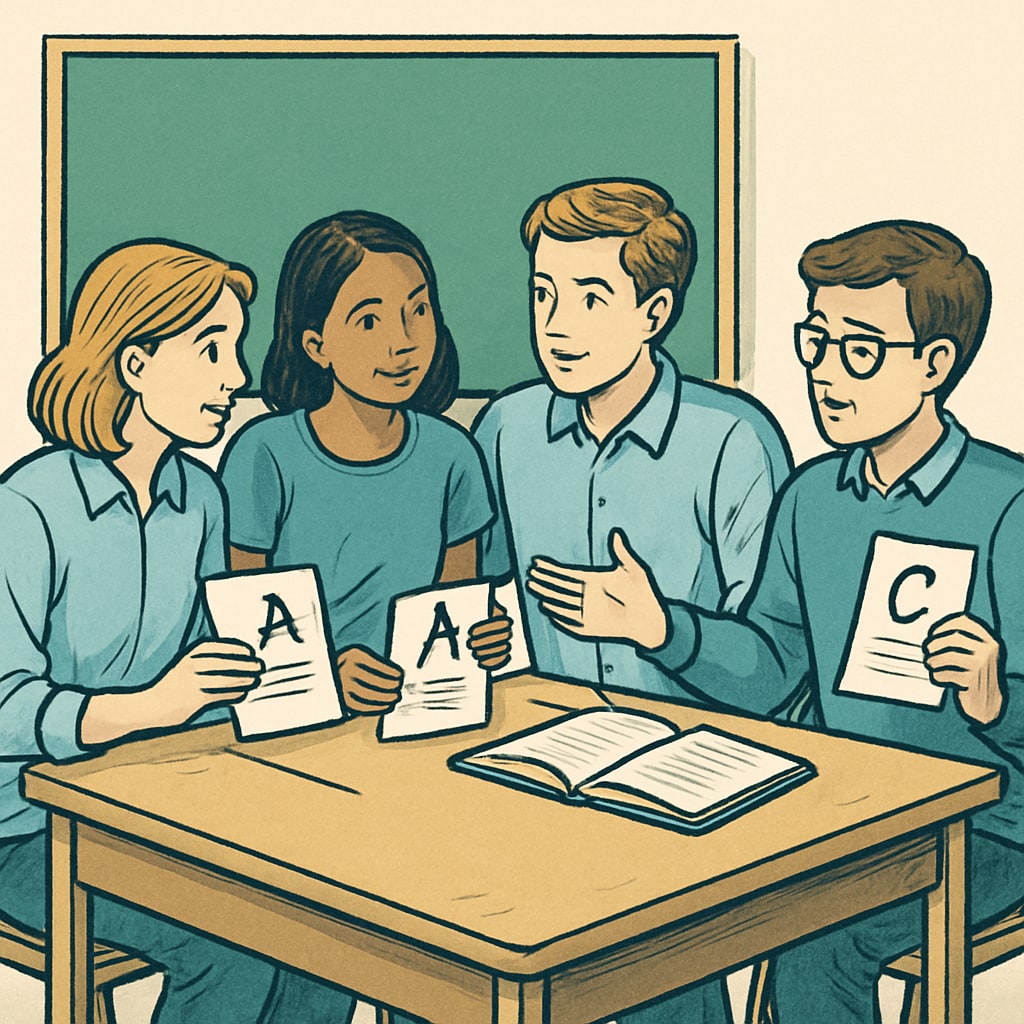For many students, receiving their GCSE results can be a moment fraught with academic anxiety and uncertainty about future career prospects. These exams, often seen as a benchmark for academic success, can carry immense pressure to perform well. When results fall short of expectations, feelings of disappointment, self-doubt, and concern about long-term opportunities may arise. However, it is important to remember that academic performance is only one dimension of success. By addressing emotional challenges, redefining self-worth, and exploring alternative educational pathways like BTEC or other vocational courses, students can find fresh avenues for personal and professional growth.
Understanding the Emotional Impact of Academic Disappointment
Disappointment in academic results is a natural response, especially when students have invested significant time and effort in their studies. GCSE results can feel like a defining moment, and underachievement may lead to feelings of failure or inadequacy. Academic anxiety, characterized by excessive worry about performance and its consequences, can amplify these emotions, affecting mental well-being and self-esteem.
However, it is crucial to process these emotions in a constructive way. Parents, teachers, and mentors can play a vital role in providing reassurance and helping students understand that one set of results does not determine their entire future. Open conversations about feelings can reduce the stigma of academic struggles and foster a supportive environment for recovery and growth.

Redefining Success Beyond GCSE Results
While GCSE results are important, they are not the sole determinant of a student’s potential or career prospects. Success is a multifaceted concept that encompasses personal growth, interpersonal skills, and adaptability. By shifting focus from grades to broader achievements, students can gain a healthier perspective on their value and abilities.
For instance, students who excel in practical skills or creative fields may find traditional academic assessments limiting. Exploring alternative qualifications, such as BTEC (Business and Technology Education Council) courses, can provide a tailored approach to learning. These programs emphasize hands-on experience and industry-relevant skills, enabling students to thrive in specific career paths such as technology, healthcare, or design.
Similarly, engaging in extracurricular activities, volunteer work, or internships can enhance a student’s profile, showcasing qualities like leadership, teamwork, and resilience. These attributes are highly valued by employers and can open doors to diverse opportunities.

Practical Steps to Rebuild Confidence and Plan the Future
Recovering from academic disappointment requires a proactive and positive approach. Here are some practical steps students can take to rebuild confidence and explore new directions:
- Reflect on Strengths: Identify personal skills and interests that extend beyond academic achievements. These can guide decisions about future studies or careers.
- Set Realistic Goals: Break long-term aspirations into smaller, achievable steps. This can help maintain motivation and track progress over time.
- Seek Support: Reach out to teachers, counselors, or career advisors for guidance on alternative pathways and resources.
- Explore Vocational Options: Research programs like apprenticeships, BTEC courses, or technical qualifications that align with individual strengths and goals.
- Stay Resilient: Remember that setbacks are part of life’s journey. Each challenge presents an opportunity to learn and grow stronger.
By taking these steps, students can transform their initial disappointment into a foundation for future success. Resources like the UK’s National Careers Service (National Careers Service) and vocational training providers offer valuable information and support for those exploring non-traditional routes.
Why Career Prospects Are Not Defined by One Exam
It is a common misconception that underwhelming GCSE results close the door to promising career prospects. In reality, many successful individuals have overcome academic setbacks to excel in their chosen fields. Education is a lifelong journey, and there are multiple ways to achieve professional success beyond traditional exams.
Employers increasingly value skills such as creativity, problem-solving, and adaptability, which can be developed through diverse experiences. Vocational training, online courses, and certifications from platforms like LinkedIn Learning or Coursera are excellent ways to acquire new competencies and demonstrate initiative. As industries evolve, the ability to learn and adapt becomes more important than specific qualifications.
Moreover, the growing emphasis on mental health awareness highlights the importance of balancing academic pursuits with personal well-being. By prioritizing mental health and embracing a holistic approach to education and career planning, students can achieve sustainable and fulfilling success.
In conclusion, while GCSE results may feel significant, they do not define a student’s worth or future. By addressing academic anxiety, exploring alternative pathways, and embracing a broader definition of success, students can navigate challenges with resilience and confidence. The journey does not end with an exam—it is only the beginning of a lifelong adventure in learning and growth.


